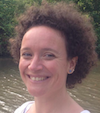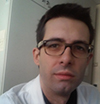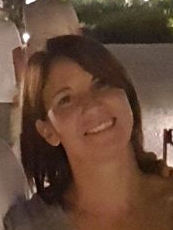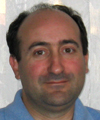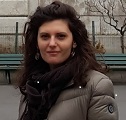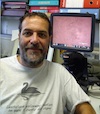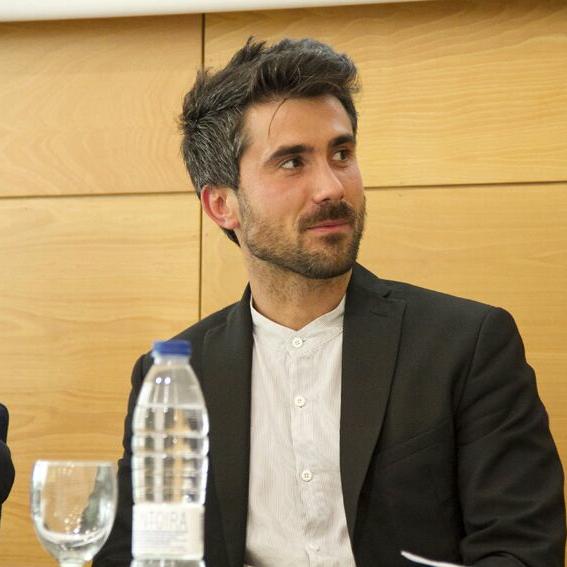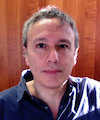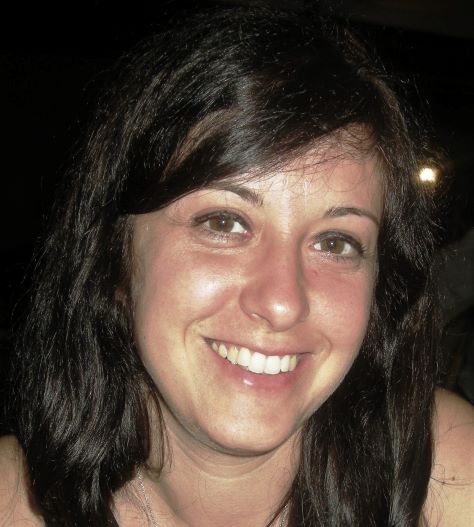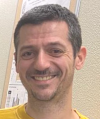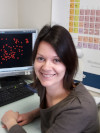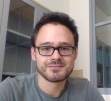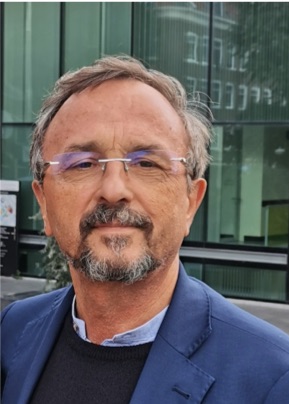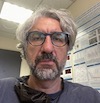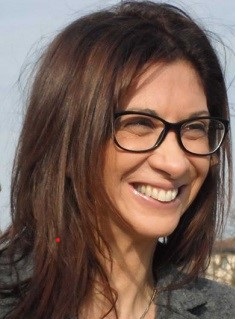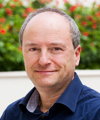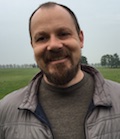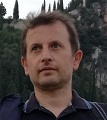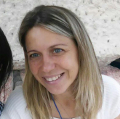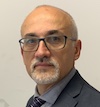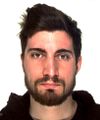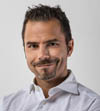Studying at the University of Verona
Here you can find information on the organisational aspects of the Programme, lecture timetables, learning activities and useful contact details for your time at the University, from enrolment to graduation.
Academic calendar
The academic calendar shows the deadlines and scheduled events that are relevant to students, teaching and technical-administrative staff of the University. Public holidays and University closures are also indicated. The academic year normally begins on 1 October each year and ends on 30 September of the following year.
Course calendar
The Academic Calendar sets out the degree programme lecture and exam timetables, as well as the relevant university closure dates..
| Period | From | To |
|---|---|---|
| I semestre | Oct 1, 2018 | Jan 31, 2019 |
| II semestre | Mar 4, 2019 | Jun 14, 2019 |
| Session | From | To |
|---|---|---|
| Sessione invernale d'esame | Feb 1, 2019 | Feb 28, 2019 |
| Sessione estiva d'esame | Jun 17, 2019 | Jul 31, 2019 |
| Sessione autunnale d'esame | Sep 2, 2019 | Sep 30, 2019 |
| Session | From | To |
|---|---|---|
| Sessione estiva | Jul 16, 2019 | Jul 16, 2019 |
| Sessione autunnale | Nov 19, 2019 | Nov 19, 2019 |
| Sessione invernale | Mar 11, 2020 | Mar 11, 2020 |
| Period | From | To |
|---|---|---|
| Sospensione attività didattica | Nov 2, 2018 | Nov 3, 2018 |
| Vacanze di Natale | Dec 24, 2018 | Jan 6, 2019 |
| Vacanze di Pasqua | Apr 19, 2019 | Apr 28, 2019 |
| Vacanze estive | Aug 5, 2019 | Aug 18, 2019 |
Exam calendar
Exam dates and rounds are managed by the relevant Science and Engineering Teaching and Student Services Unit.
To view all the exam sessions available, please use the Exam dashboard on ESSE3.
If you forgot your login details or have problems logging in, please contact the relevant IT HelpDesk, or check the login details recovery web page.
Should you have any doubts or questions, please check the Enrollment FAQs
Academic staff
 rossana.capuani@univr.it
rossana.capuani@univr.it
 vittoria.cozza@univr.it
vittoria.cozza@univr.it
 luca.pasetto@univr.it
luca.pasetto@univr.it
 claudio.tomazzoli@univr.it
claudio.tomazzoli@univr.it
 franco.zivcovich@univr.it
franco.zivcovich@univr.it
Study Plan
The Study Plan includes all modules, teaching and learning activities that each student will need to undertake during their time at the University.
Please select your Study Plan based on your enrollment year.
1° Year
| Modules | Credits | TAF | SSD |
|---|
2° Year activated in the A.Y. 2019/2020
| Modules | Credits | TAF | SSD |
|---|
3° Year activated in the A.Y. 2020/2021
| Modules | Credits | TAF | SSD |
|---|
Un insegnamento a scelta1 module to be chosen among the following| Modules | Credits | TAF | SSD |
|---|
| Modules | Credits | TAF | SSD |
|---|
| Modules | Credits | TAF | SSD |
|---|
Un insegnamento a scelta1 module to be chosen among the followingLegend | Type of training activity (TTA)
TAF (Type of Educational Activity) All courses and activities are classified into different types of educational activities, indicated by a letter.
Fundamentals of biotechnological processes and plants (2020/2021)
Teaching code
4S02707
Credits
6
Language
Italian
Scientific Disciplinary Sector (SSD)
ING-IND/25 - CHEMICAL PLANTS
The teaching is organized as follows:
teoria
laboratorio
Learning outcomes
The course of Fundamentals of Bioprocess Engineering (5+1 CFU) aims at transferring to students the basic fundamentals about transport phenomena (matter, energy and momentum transfer) as well as the methodology for mass and energy balances around bioreactors operating both in batch and continuous mode for industrial production.
The practical aspects will be considered in the lab module (1 CFU).
These aspects are essential basic information for future courses on the same topic at master level.
Program
------------------------
MM: teoria
------------------------
Main contents of the class course will be: 1. Introduction The basic elements like the use of units, scheme representations, including P&ID, or some examples of industrial production will be given 2. Fundamentals Transport phenomena for mass, energy and momentum. Mass transfer will include a focus on interphase transfer as in the case of oxygen in water. The Oxygen Transfer Efficiency (OTE) will be defined. Mixing, type of impellers, baffles, mixing time 3. Bioreactors Different types of bioreactors, discontinuous (batch) and continuous (CSTR, PFR), will be described. The basic equations and the conditions of stable operation will be defined. Different yields will be defined. 4. Bioreactor facilities The main facilities for the bioreactor, like mixers and correspondent time of mixing and power, aeration and oxygen transfer mechanisms and efficiency will be studied. Monitoring and control systems based on physical-chemical signals like pH, redox, OD will be described.
------------------------
MM: laboratorio
------------------------
The lab activities will consider two different experiences regarding both transport phenomena and bioprocesses (definition of yields and kinetics). The experimental data collected during the lab activity will be used to produce two reports about the lab experiences carried out.
Bibliography
| Activity | Author | Title | Publishing house | Year | ISBN | Notes |
|---|---|---|---|---|---|---|
| teoria | Pauline M. Doran | Bioprocess Engineering Principles | Academic Press | 1995 | 0-12-220855-2 | |
| laboratorio | Mark C. M. van Loosdrecht Per H. Nielsen Carlos M. Lopez-Vazquez Damir Brdjanovic | Experimental Methods in Wastewater Treatment | IWA Publishing | 2016 | 9781780404745 |
Examination Methods
------------------------
MM: teoria
------------------------
The final examination will consist of two parts: a written and an oral test. The written exam will be made of three parts, two numerical exercise and one theoretical open question. After evaluation of the written part an oral exam will be given. The reports deriving from the lab experiences will be part of the evaluation.
------------------------
MM: laboratorio
------------------------
Different groups of students will produce the reports on the lab experience. The evaluation of the reports will be used together with the results of the written and oral examination to form the final mark.
Type D and Type F activities
Modules not yet included
Career prospects
Module/Programme news
News for students
There you will find information, resources and services useful during your time at the University (Student’s exam record, your study plan on ESSE3, Distance Learning courses, university email account, office forms, administrative procedures, etc.). You can log into MyUnivr with your GIA login details: only in this way will you be able to receive notification of all the notices from your teachers and your secretariat via email and soon also via the Univr app.
Graduation
List of theses and work experience proposals
| theses proposals | Research area |
|---|---|
| Studio delle proprietà di luminescenza di lantanidi in matrici proteiche | Synthetic Chemistry and Materials: Materials synthesis, structure-properties relations, functional and advanced materials, molecular architecture, organic chemistry - Colloid chemistry |
| Multifunctional organic-inorganic hybrid nanomaterials for applications in Biotechnology and Green Chemistry | Synthetic Chemistry and Materials: Materials synthesis, structure-properties relations, functional and advanced materials, molecular architecture, organic chemistry - New materials: oxides, alloys, composite, organic-inorganic hybrid, nanoparticles |
| Dinamiche della metilazione del DNA e loro contributo durante il processo di maturazione della bacca di vite. | Various topics |
| Risposte trascrittomiche a sollecitazioni ambientali in vite | Various topics |
| Studio delle basi genomico-funzionali del processo di embriogenesi somatica in vite | Various topics |
Attendance
As stated in the Teaching Regulations for the A.Y. 2022/2023, attendance is not mandatory. However, professors may require students to attend lectures for a minimum of hours in order to be able to take the module exam, in which case the methods that will be used to check attendance will be explained at the beginning of the module.

 +39 045 802 7949
+39 045 802 7949
